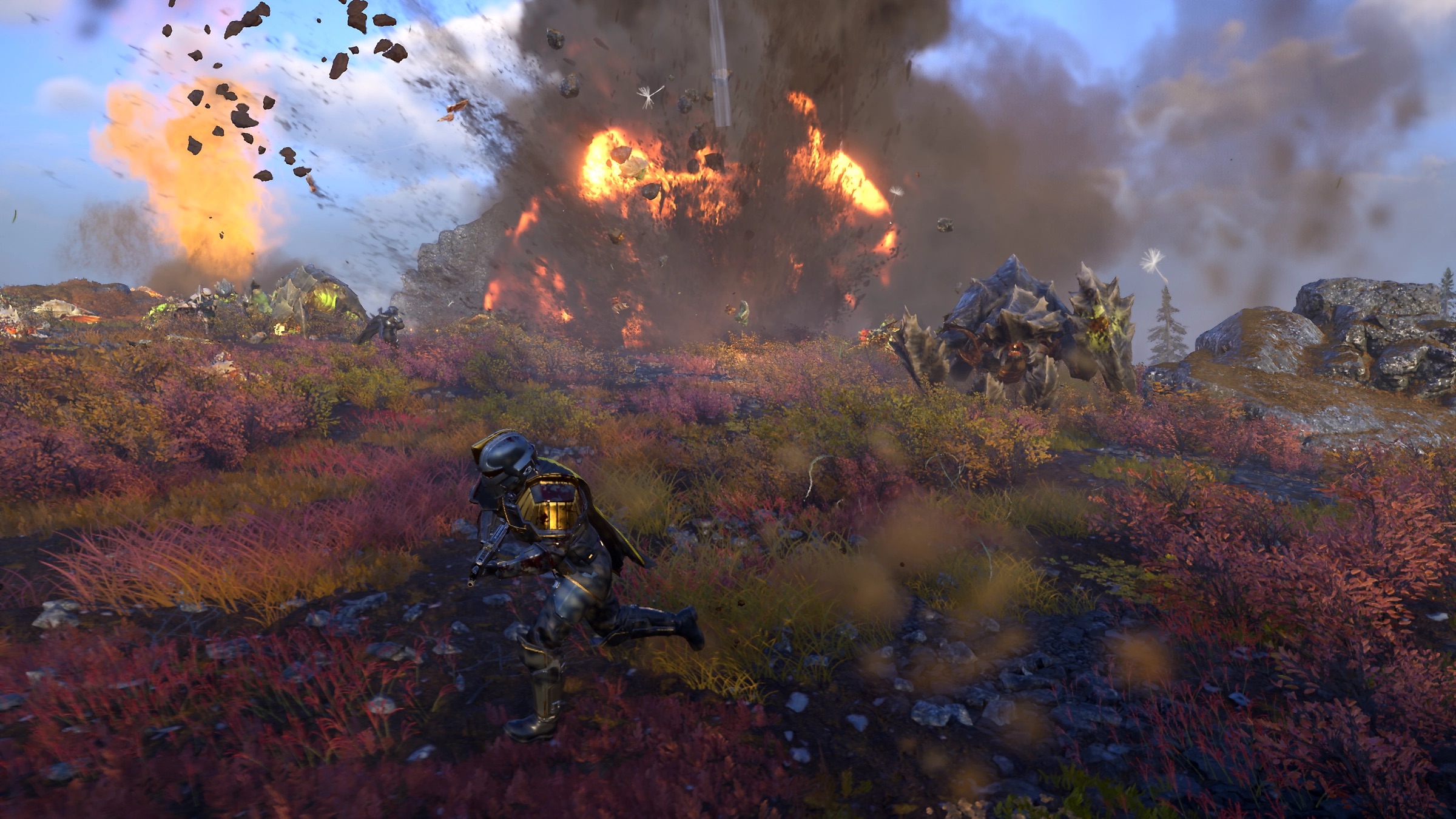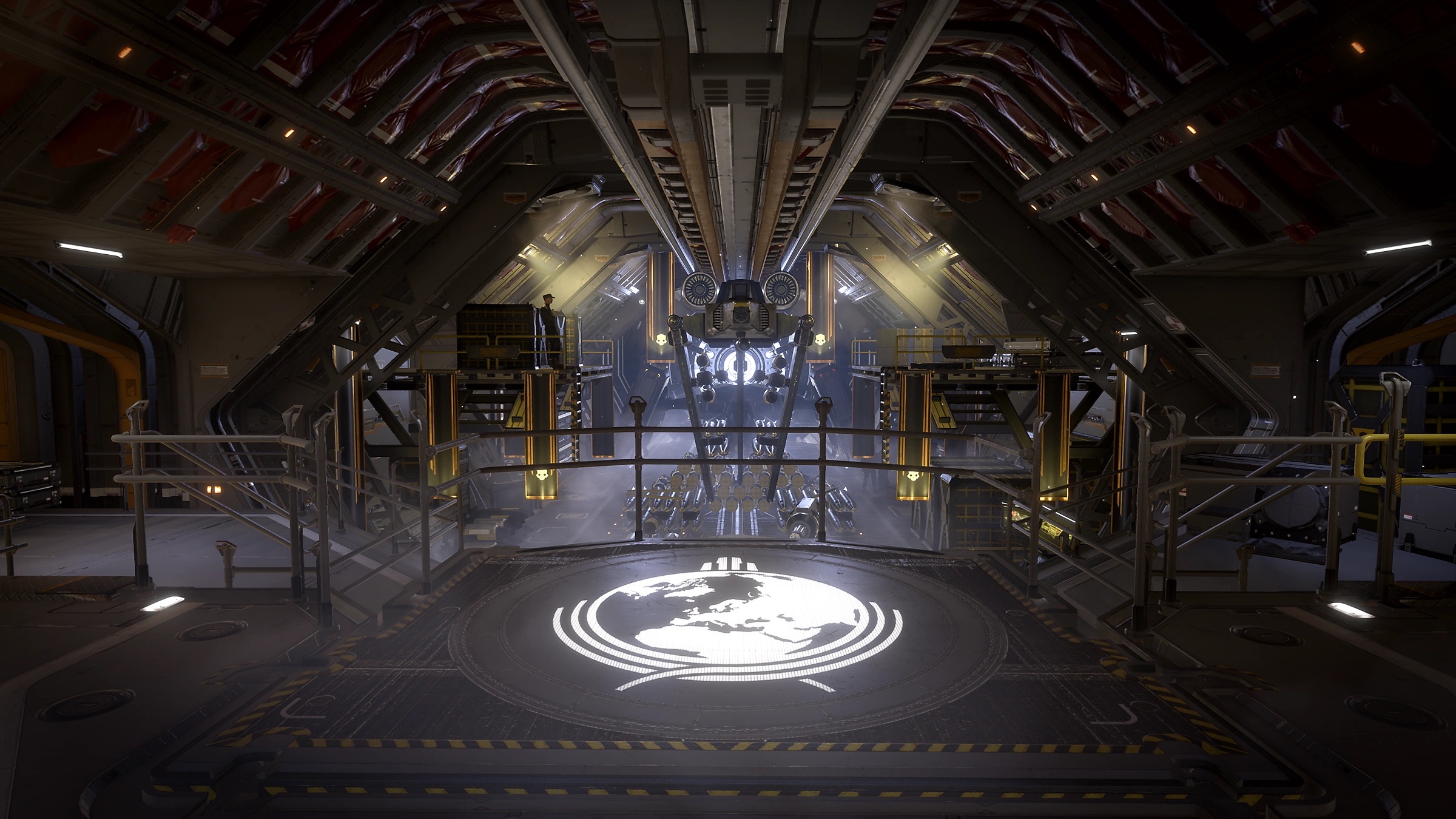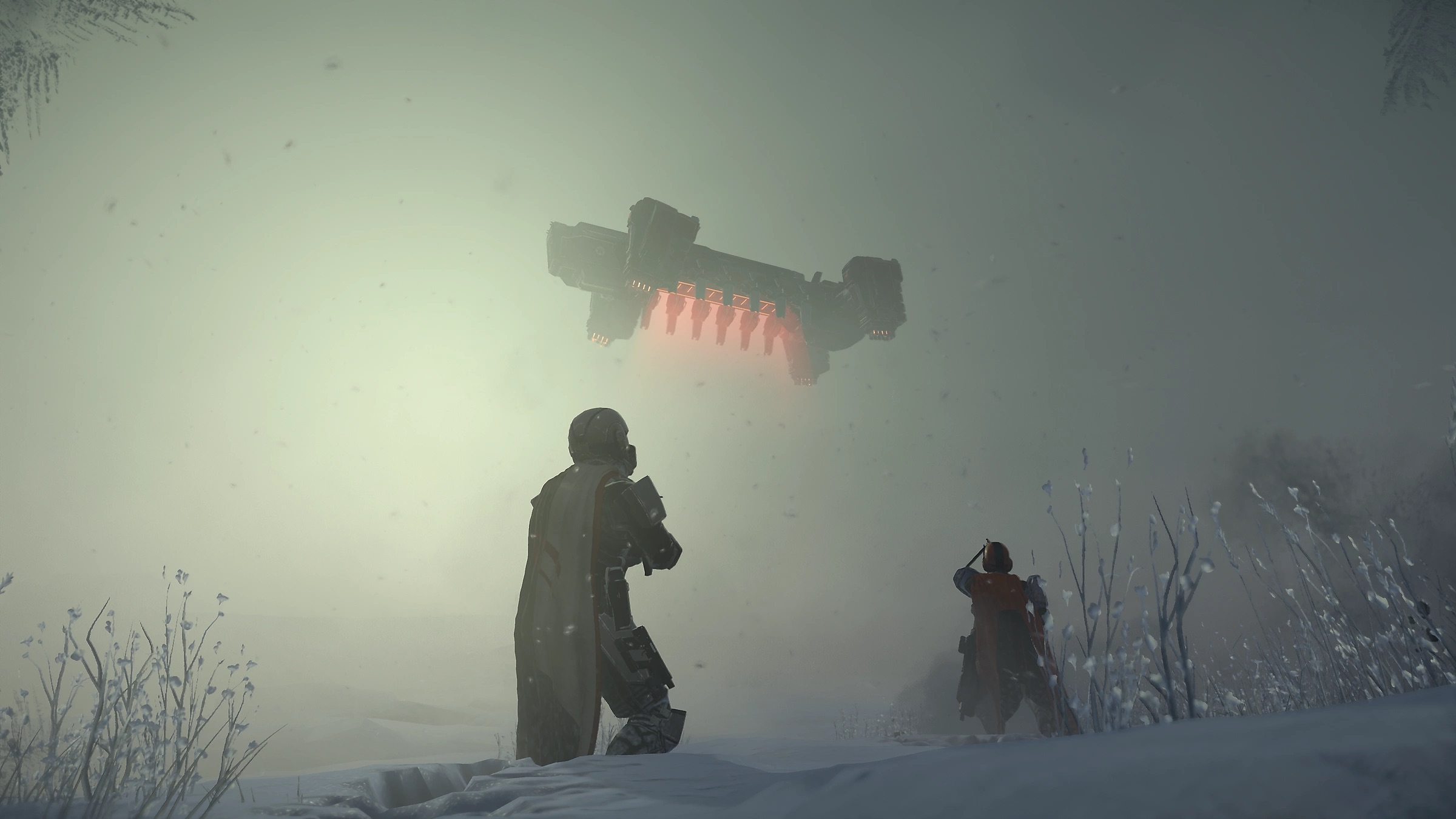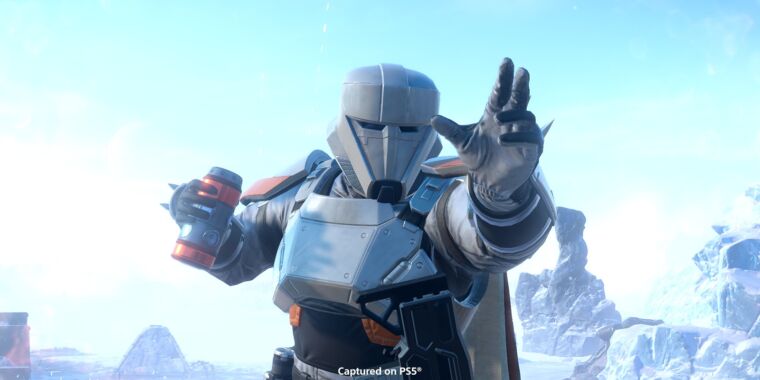
Sony interactive entertainment
Many stories about the modern PC gaming industry have been collected in a recent “update”. Hell divers 2.
Sony Interactive Entertainment announced Thursday evening that current players of the runaway co-op shooter will have to link their Steam accounts to a PlayStation Network (PSN) account starting May 30, with a hard deadline of June 4. New players are needed to connect the two starting Monday, May 6.
Officially, this is happening because of the “safety and security provided on PlayStation and PlayStation Studios games.” Linking accounts allows Sony to ban abusive players and also gives banned players the right to appeal. Sony writes that it would have done this at launch, but “Due to technical issues… we have allowed the linking requirements for Steam accounts to a PlayStation Network account to be temporarily optional. That grace period is now ending.”
“We understand that while this may be an inconvenience to some of you, this step will help us continue to build a community that you are all proud to be a part of,” Sony wrote in the update . The Helldivers The Reddit community is full of derogatory posts today, and Steam reviews of the game have taken a marked turn since the announcement.

Sony interactive entertainment
Oh yeah, That Playstation Network
It’s the combination of “safety and security” and “Sony” that makes this more than just the typical quibble about game launchers, cross-play, or other user/password requirements. The PlayStation Network was completely and famously hacked in April 2011, compromising the names, addresses, emails, birthdays, passwords and logins of 77 million users. Sony Online Entertainment also suffered a separate attack while PSN was offline, exposing millions of additional accounts and thousands of credit card numbers. PSN came partially back online 26 days later and fully online two weeks later, with a free year of identity protection and Welcome Back packages for subscribers. Less than a month later, other aspects of Sony were hacked by LulzSec.
Sony was fined nearly $400,000 in Britain for the 2013 hack, which regulators said could have been prevented by updating software and taking precautions. Sony agreed to pay up to $17.5 million in a class action settlement in the US in 2014, along with offering free games and other benefits in 2015.
Those with a long enough memory in computers, security and Sony may also remember the Sony rootkit debacle, which, although now almost twenty years old, was so remarkably bad and bizarre that it stuck.

Sony interactive entertainment
An online game that people want to spend less time online
Hell divers 2 It wasn’t supposed to be such a big game. Sony was still treading cautiously into PC gaming after years of treating its exclusives and first-party games as console leverage. Hell divers 2 was a sequel to a game that, while well-regarded, did not end up as a major success.
Within one day of launch, Hell divers 2 was Sony’s most successful PC launch, and it wasn’t even close. Within two weeks, it passed the all-time concurrent player count Starfield, Lot 2, lands at 18 on the SteamDB charts. It helped that it launched on the same day as the PS5 version, was cheaper than most AAA titles, and arrived without (unusually) glaring performance or crashing issues. There were, as noted by Sony, early server issues, largely due to demand. Anyway, it was from Sony seventh game with the highest revenue as of May 1.
That success hurts the optics of Sony’s insistence, months after it had an unexpected hit, that players must now register with the far-from-trusted network to keep playing. A game without a mega budget, a sequel to a trial balloon, becomes a big hit, and Sony, having gained a foothold in this new realm, does not want to miss this opportunity as a one-time Steam purchase.

Sony interactive entertainment
Two zeppelins jousting overhead
Hell divers 2 is explicitly multiplayer and the action takes place on Sony’s servers. But Steam is the means by which Hell divers 2 reaches its players, promotes engagement and of course tries to entice them into DLC, further sequels and perhaps other Sony PC games, as long as they are also on Steam.
There are no hard numbers on Steam’s PC gaming market share, but we know that its biggest competitor, Epic Games, loses hundreds of millions of dollars every year giving away games just to gain a foothold. Steam’s market position, the vagaries of recommendations, and a large 30 percent decline in revenue have left many companies looking for ways to unbundle their futures from a single platform. Sony just happens to be the one asking the hard question, for reasons that aren’t entirely obvious months later, and with a network that has some tricky Google search results.
It’s worth noting that PSN isn’t necessarily available in all countries where Steam sells games. We’ve reached out to Sony to ask about this and for further comment on their PSN requirements, and will update this post if we hear back.
